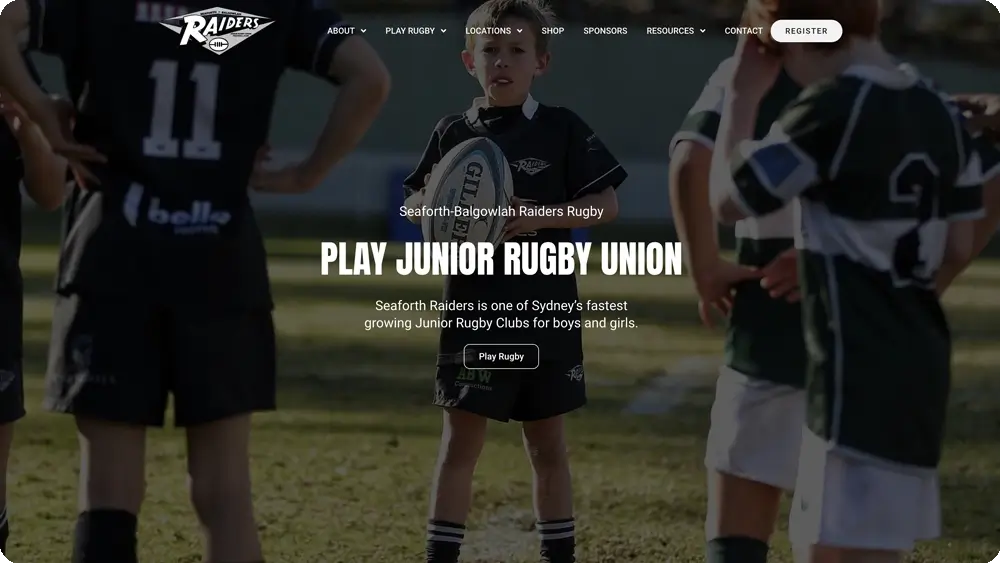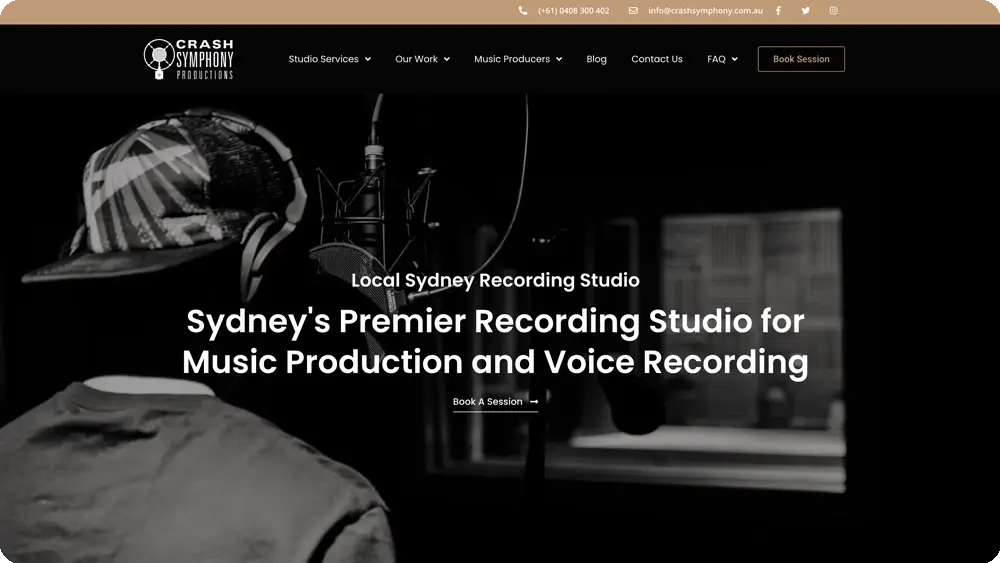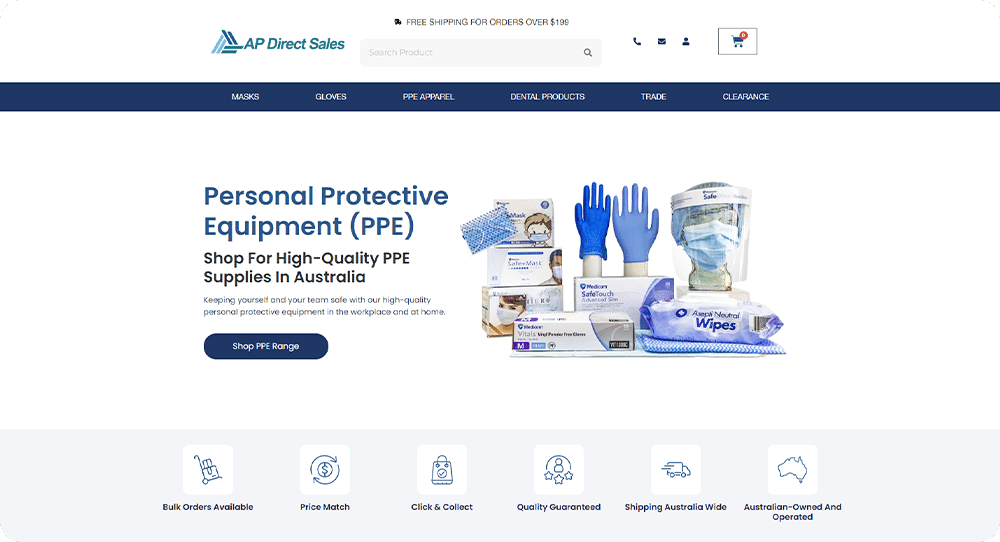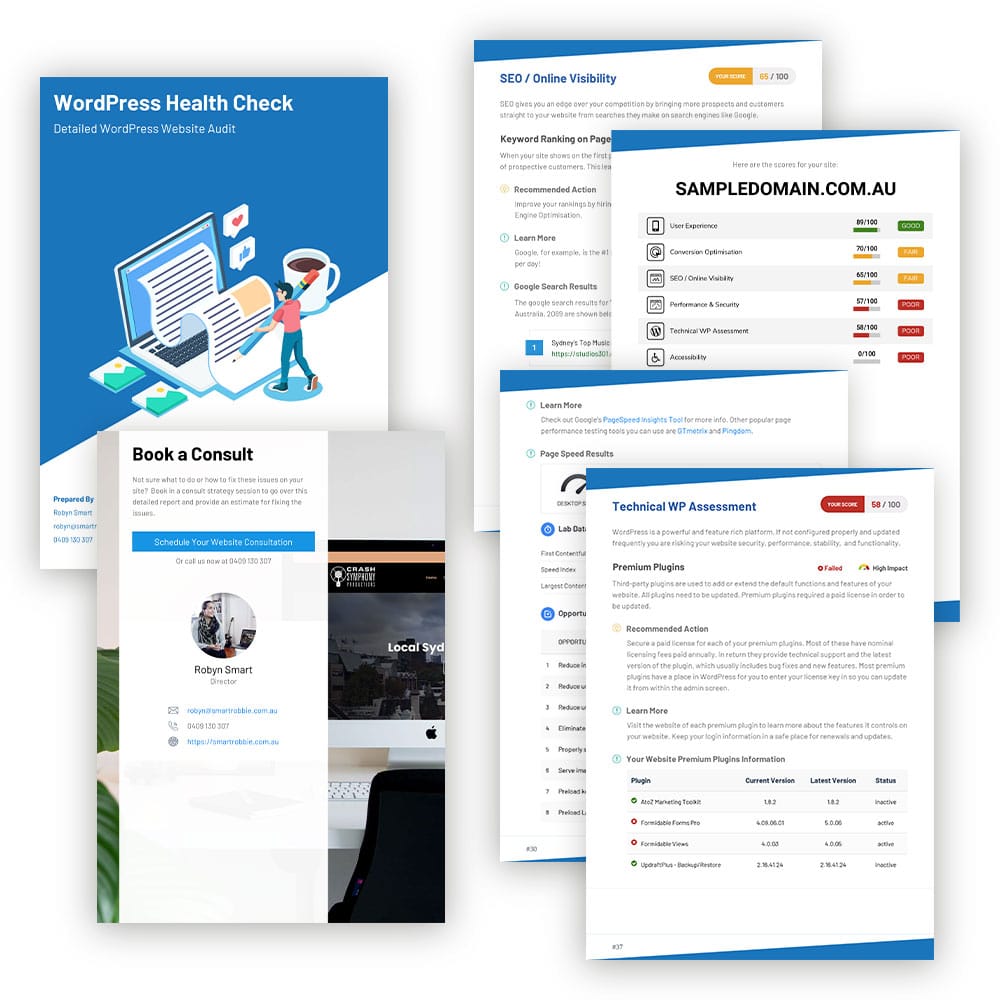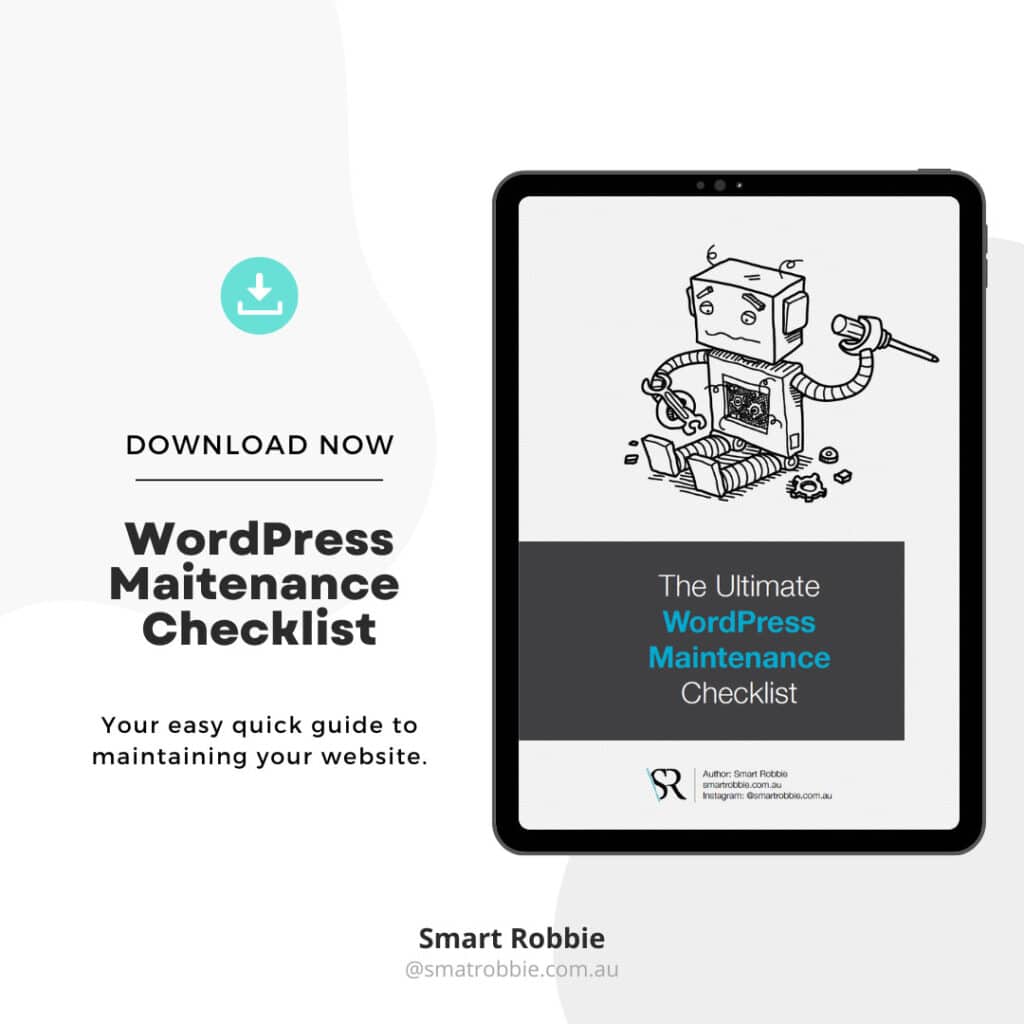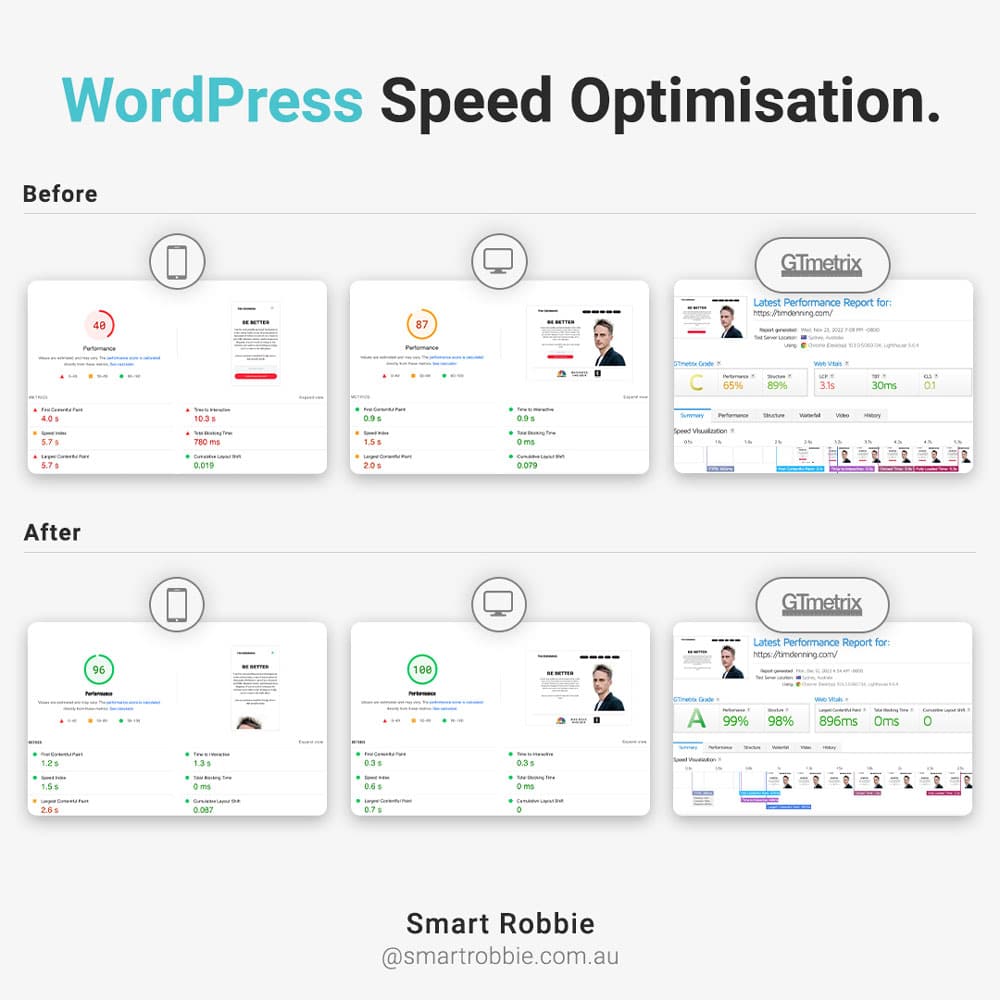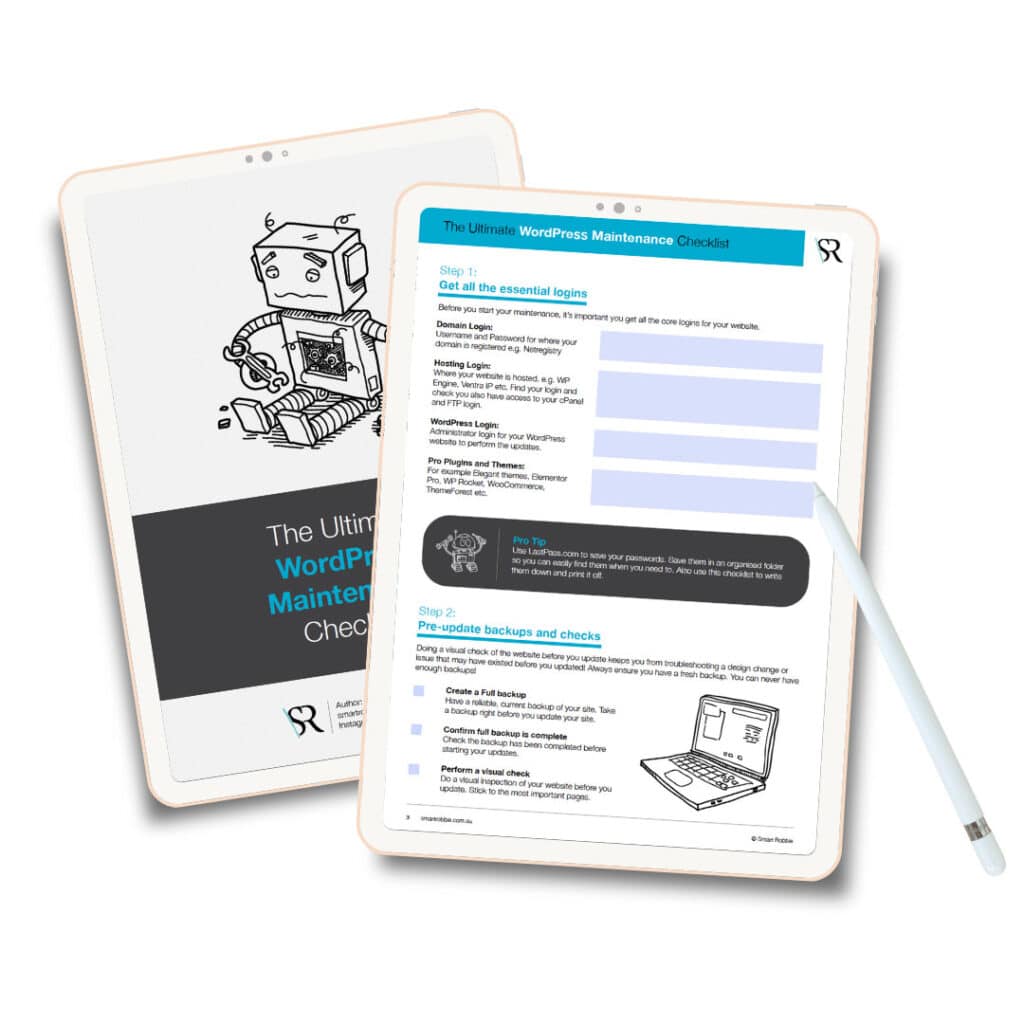What is SEO Copywriting?
What is the difference between a copywriter and an SEO Copywriter?
We recently talked to SEO Copywriting Expert Libby Hakim to help answer your copy questions! Some of the questions we covered include; benefits of hiring an SEO copywriter, common mistakes we see people do and 3 tips you can implement on your site today.
Tell us a little about you and your business
I’m an SEO copywriter and communications consultant. I spend a lot of my time writing website copy for professionals and SMEs, and content for big banks, insurers and tech companies. I also occasionally write feature articles for newspapers and magazines on health, career and lifestyle topics.
I have degrees in law and psychology and spent 17 years practising law – first as an insurance litigator and then a legislative drafter for the NSW Government.
Copywriting is absolutely a great fit for me, I’ve never been so happy and content with my career. I love the ins and outs of running a small business, and SEO is something I spend a lot of time continuing to learn about. I have a side project, a recipe blog called cookingwithnanaling.com, which is my SEO guinea pig.
I’ve recently returned to the Hunter Valley after spending 20 years in Sydney, however I continue to work with clients in Sydney and throughout Australia.
Is there a difference between copywriting and SEO copywriting?
There is a big overlap when it comes to digital copywriting and SEO copywriting, though obviously with SEO copywriting there’s more of an emphasis on optimising the copy for Google and other search engines.
When writing a website, even if I intentionally forget about SEO the other things that drive good web copy will mean that it’s already 90% optimised for search engines. In my view, SEO copywriting means ticking a few additional boxes (like suggesting meta descriptions and image file names), and thinking about the structure, copy, word length and other things in light of current SEO best practices – and making tweaks if necessary.
Looking at it another way, with copywriting you’re trying to please the reader. With SEO copywriting, you’re trying to please Google. And Google is, in turn, trying to pinpoint what searchers/readers want. So as Google gets better at doing this, at knowing what searchers want, the aim of both copywriting and SEO copywriting is getting so much closer.
What are the benefits of hiring a copywriter to write your website content?
You don’t have to do it! It’s a time-consuming task, especially for someone who isn’t a professional writer, so it’s definitely a job that many business owners are pleased not to have to do themselves.
Copywriters don’t just write. When you hire a copywriter, you’re hiring an expert writer and marketer who will look at your business messaging, position in the market and website marketing strategy with a fresh perspective. Many business owners tell me they get much more than they expect when they hire me to write their website copy.
What are 3 common content mistakes you see on business websites?
The first is not writing with the audience in mind. You really have to step into your ideal client’s shoes and think about their concerns and what makes them tick. Don’t be tempted to highlight what’s important to you or your colleagues.
The second is covering too much information in great chunks of text. People generally scan websites rather than reading them, so think about how you structure the information and use plenty of headings.
A third mistake that I often see is burying the most crucial or helpful piece of information. When reviewing client websites, I often find wonderful things hidden in obscure parts of the website.
Is there an ideal length for copy on a website page?
Generally, it’s at least 300-400 words, but the ideal length, I’m sorry, is “it depends.” Often a website page will be around 500-600 words and a blog post 600-800 words. If you’re adding waffle just to reach a certain word count, though, I’d generally say not to do that as the quality of the content drops as a result.
If a business wanted to hire an SEO copywriter, what are 3 important questions they should ask?
1. Can I see a portfolio of your previous work? Every writer has a style, even when writing to a brief, so this will give you an idea of whether that style is a good fit for your business.
2. What is the process and timing? You need to make sure everything suits you on a practical level, too.
3. What’s included? You need to know what you’re getting for your money. (What type of advice will the copywriter provide? Will they make design suggestions? How many revisions are included? Is a final proofread part of the package? How will they deliver the content? Is SEO keyword research part of the package?)
What are your top 3 tips businesses can implement on their own to improve their website content?
1. A call to action
Make sure you have a “call to action” at the bottom of every web page. (What do you want your visitor to do next? Call you for an appointment? Make sure you guide them towards taking that action.)
2. Get rid of typos
Get your mum, husband, wife, friend or some willing participant to read your website and spot any typos. We’re all human and typos sometimes creep in despite exceptional effort. However, they can be off-putting (and sometimes plain embarrassing) so make an effort to get rid of them.
3. Make it personal
Encourage trust and a connection with your visitors by adding a photo and brief blurb about important people in the business. People want to know who’s behind the business.
How can people contact you if they need an SEO copywriter?
You can visit my website at libbyhakim.com.au or find me on LinkedIn.

